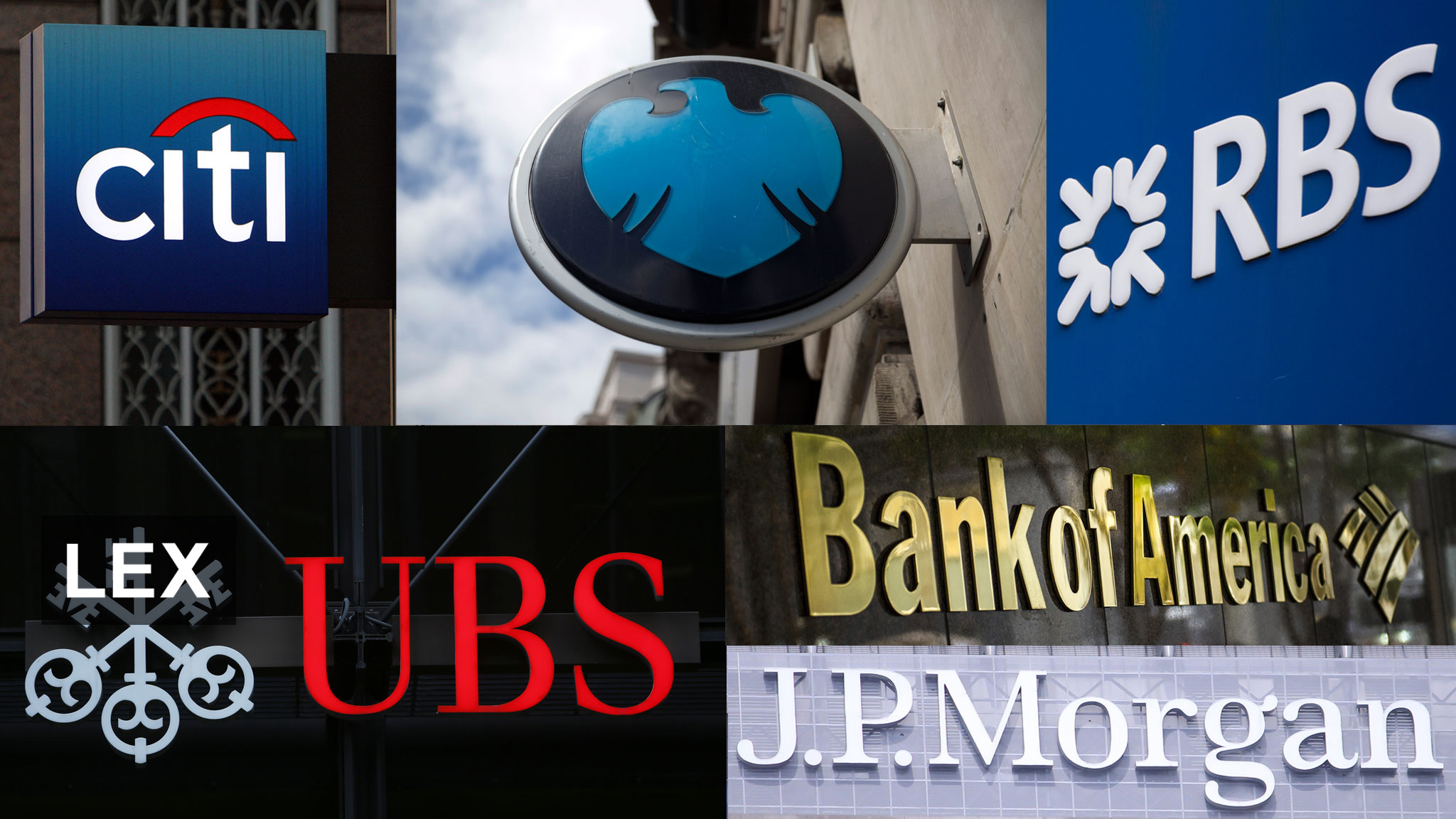The Basel Committee on Banking Supervision has recently issued for consultation a proposal for a technical amendment to the Basel Framework. The amendment describes a new process that will be used by the Committee to review the assessment methodology for global systemically important banks (G-SIBs). The Committee assesses the systemic importance of global banks annually using an indicator-based methodology. It plans to replace the existing three-year review cycle of the assessment methodology with a process of ongoing monitoring and review. Continue reading…
Gone are the days when organisations could simply promise a speak up culture. Today, fostering a culture of trust, integrity, and a positive work environment…
Download whitepaper











